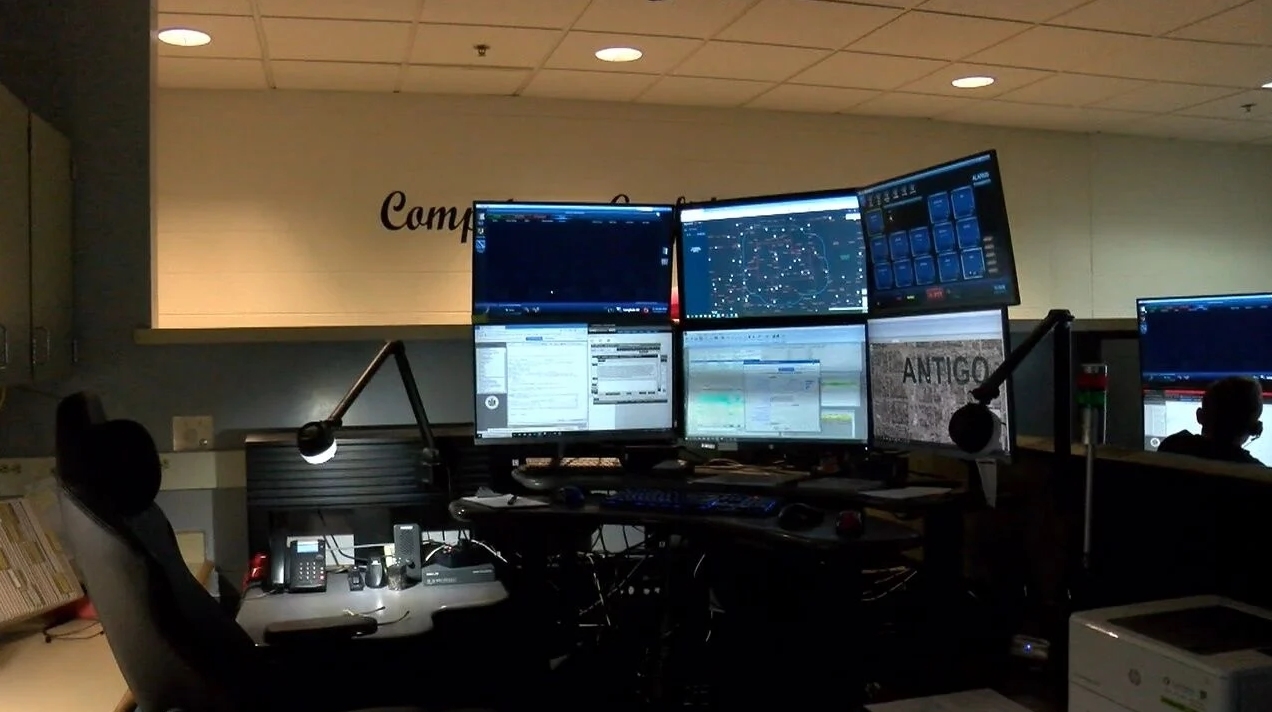The labor shortage phenomenon known as the “Great Resignation” has had far reaching consequences, affecting industries across the spectrum. One of the most critical areas feeling the impact is public safety, specifically 911 dispatch centers. As a firefighter for Clayton County, I’ve witnessed firsthand the challenges caused by the shortage of workers in our field. In this article, we’ll delve into the pressing issue of how the shortage of workers is hitting 911 dispatch centers nationwide, explore potential reasons behind this trend, and discuss the potential implications of this crisis.
The Ongoing Struggle:
1. Unfilled Positions: The shortage of workers in 911 dispatch centers has been steadily worsening. According to a report from the National Association of State 911 Administrators and the International Academies of Emergency Dispatch, between 2019 and 2022, one in four positions at public safety communications centers remained vacant. In 2023 the trend continues…
2. A Competitive Market: The labor shortage crisis has made it challenging for 911 centers to attract and retain skilled workers. Industry leaders, including Andrew Dameron, the director of Emergency Communications in Denver, have highlighted the difficulty of competing for employees with companies like Uber and Grubhub. The work environment has become increasingly competitive, making it challenging to fill crucial positions.
The Consequences:
1. Strain on Existing Staff: The shortage of workers has put immense pressure on the current workforce. Understaffed 911 centers risk overburdening their employees, leading to burnout, high stress levels, and potential errors. This situation not only affects the well being of dispatchers but also compromises the quality of emergency services provided.
2. Longer Wait Times: With fewer dispatchers available to handle emergency calls, wait times have increased, affecting the response time for critical situations. The potential consequences of these delays are severe, as individuals in distress may not receive the timely help they urgently need.
3. Erosion of Trust: The shortage of workers and subsequent delays could erode public trust in the 911 system. If residents lose confidence in the system’s ability to provide prompt assistance, they may hesitate to call for help during emergencies, leading to even more dire situations.
Exploring Causes:
1. Compensation Discrepancies: One potential reason for the shortage is the compensation disparity between the demands of the job and the wages offered. Professionals in 911 dispatch centers often deal with high-stress situations and emotional distress, yet their average pay, around $46,670 per year, does not always reflect the nature of their work.
2. Job Stress: The high pressure environment of 911 dispatch centers can lead to emotional strain and even post traumatic stress disorder (PTSD). Dispatchers are often the first point of contact for people in distressing situations, exposing them to traumatic events on a daily basis.
3. Lack of Flexibility: The lack of remote work options and limited job flexibility have further contributed to the workforce shortage. The “Great Resignation” has provided more employment opportunities, making it difficult for dispatch centers to retain their employees.
Seeking Solutions:
1. Competitive Compensation: Some 911 centers are addressing the issue by offering competitive compensation packages. Denver’s centers, for instance, have increased starting salaries by 45% since 2020. Offering better pay can attract and retain skilled professionals, making the job more appealing despite its challenges.
2. Cultural Shift: Tucson’s 911 center has pursued a cultural shift to elevate the profession of emergency telecommunication. By emphasizing the importance of dispatchers and call takers, centers can enhance the perception of these roles and attract candidates who value their contributions.
3. Increased Support: Providing additional support for mental health and wellness is crucial. The emotional toll of the job requires tailored resources and access to confidential assistance. Ensuring that workers are taken care of can lead to better retention rates and overall well-being.
The shortage of workers in 911 dispatch centers is a critical issue that demands attention. The “Great Resignation” has exacerbated the existing challenges within the industry, putting public safety at risk. Longer wait times, overworked staff, and potential erosion of trust in the 911 system are consequences that cannot be ignored. Solutions such as competitive compensation, cultural shifts, and improved mental health support can contribute to addressing this crisis. As a firefighter experiencing the impact firsthand, I urge that this issue be given the attention it deserves, as the consequences of inaction could be severe.

